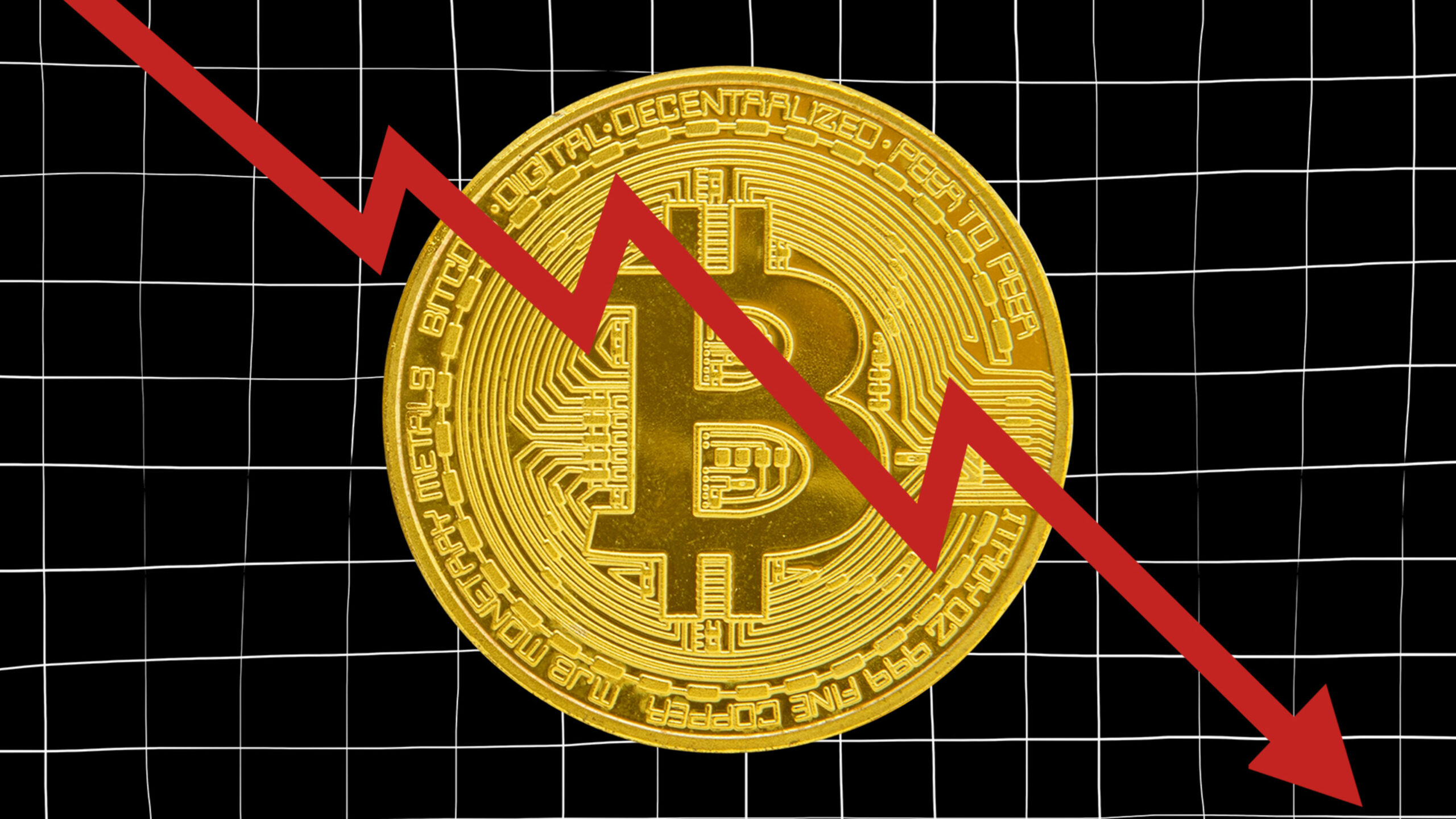The Digital Economic Council of Australia (DECA), Blockchain Australia, offers a membership category for banks, most of which have prohibited crypto exchanges.
To attract more banks and fintech companies, Australia’s leading association for the cryptocurrency sector, Blockchain Australia, has rebranded as the Digital Economic Council of Australia (DECA) and removed any references to the technology from its name.
The rebranding coincides with the departure of CEO Simon Callaghan, who is replaced as managing director by Amy-Rose Goodey, a previous operating chief.
“We have expanded significantly, but we had a lot of focus on the digital asset businesses who were the primary cohort,” Goodey said during Sydney’s Blockchain Week, which will now be known as “The Digital Economy Conference” starting next year.
“We have to evolve along with the industry,” she continued. “All of these different businesses, including cybersecurity, Web3, consultants, and digital ID and AI, need to feel like they are represented in the association.”
DECA intends to include eight membership categories: payments and banking, government and charitable organizations, tokenization, cryptocurrency, and the Web 3.
A growing divide between the nation’s banks and cryptocurrency companies led to the group’s broader mandate to try and court payments and banking organizations.

Due to the possibility of fraud, Australia’s “Big Four” banks—Commonwealth Bank, Westpac, National Australia Bank (NAB), and Australia and New Zealand Banking Group (ANZ)—as well as smaller banks like Bendigo Bank, began to restrict specific payments to cryptocurrency exchanges last year.
Last year, Binance Australia was also abruptly de-banked after payments processor Cuscal gave the cryptocurrency exchange’s payment partner Zepto the go-ahead to sever relations. Even worse, the Treasury intervened to say that this debanking “may drive businesses underground.”
Goodey states, “This is one of the main reasons regulation is needed.”
She also mentioned that banks must feel at ease using cryptocurrency. “They must exercise due diligence independently, and risk aversion exists.”
“I understand what they’re doing, but I’m not saying it’s right,” she continued.
“The market will have confidence once we have that framework,” she stated. “We require that assurance. That structure is necessary.
The government should “continue to consult with industry on the development of fit-for-purpose digital assets regulation,” the Senate Committee on Economics Legislation suggested in September, rejecting the crypto-regulating Digital Assets (Market Regulation) Bill 2023.



